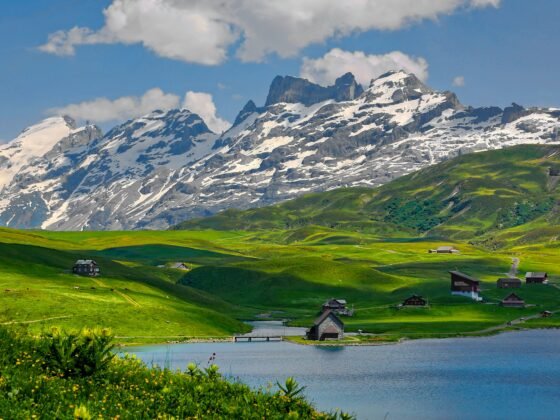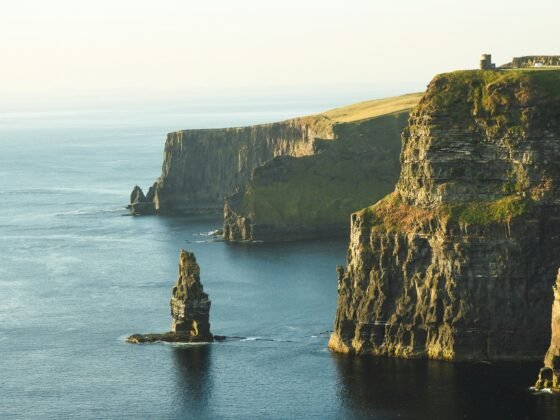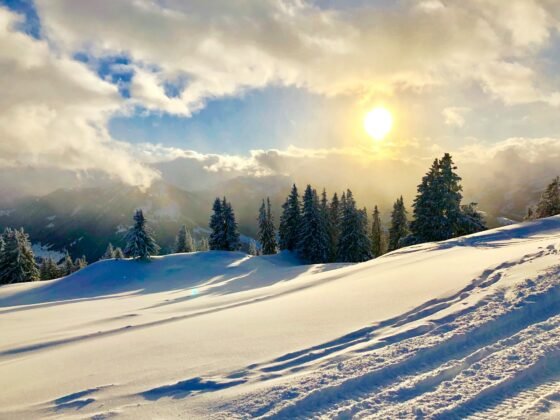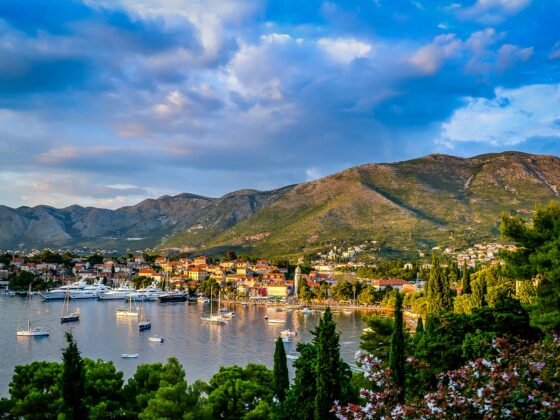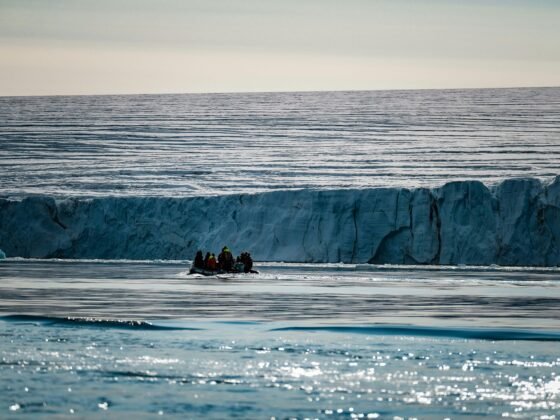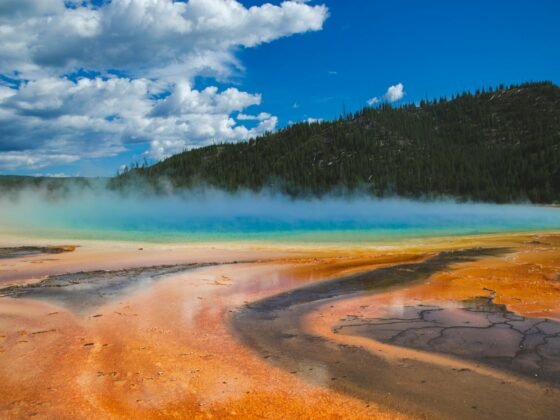Think of Cuba and you probably envisage rich colonial history, revolutionary past and stunning natural beauty. Christopher Columbus claimed Cuba back in 1492 and as well as the legendary cigars, Hemingway legacy, prime rum and American automobiles there are also plenty of outdoor activities and stunning natural flora and fauna.
La Habana Vieja
This is Old Havana aka La Habana Vieja, as it used to be and how it probably will always be – certainly at least this area! Discover Baroque and neoclassical architecture and monuments in this region which forms one of the 15 Cuban districts. Havana was founded by the Spanish in 1519 and by the 17th century this was THE main center of ship building in the entire Caribbean. Old Town Havana is completely different from the rest of Cuba as it boasts some incredible aspects that you’ll only find in Cuba and Old Havana and her Fortifications are protected and have been listed as a UNESCO World Heritage site since 1982.
Although the brightly colored buildings are found throughout the Caribbean region and in South America, the cobblestone walkways, the old 1950 American built vehicles and just about anything else with classic design is all found right here, so you should stop by and check it out. Plus with the delicious food on sale, there’s always something for you to do right here. Travellers should check out The Catedral de San Cristobal and the Parque Central.
You could also take a historical boat cruise and see all the sights from the water. This is a new opportunity which has only just arrived in Cuba so you could be one of the first! On board Los Albatros de La Habana you will travel by boat through Havana and the Malecon, in a modern passenger catamaran, where visitors can enjoy beautiful views of the monuments and the unique architecture and at the same time learn all about the country’s history and culture in both English and Spanish.
Cuba provides an excellent Christmas getaway too – skip the turkey and sprouts and spend Christmas Day swimming in turquoise seas and soaking up the sun on powdery beaches instead!
Snorkelling in Cuba
Snorkelling in Cuba is a must, as there is no boat traffic. This is one of the few countries in the Caribbean region that doesn’t allow massive fishing and transportation boats throughout the area, so you won’t be disturbed and you can venture further out, away from the island, in order to see some incredible sights under the water.
Try snorkelling in the town of Guardalavaca in the Holguin province which is a popular tourist hangout thanks to pristine beaches and crystal clear seas, great for windsurfing, swimming, scuba diving and snorkelling. Based on the north coast in the east of Cuba, Snorkel at Guardalavaca beach and Playa Pesquero which offers a great sea depth close to the shore and thousands of fish and marine species.
There are also several other popular snorkelling sites across Cuba such as the Maria la Gorda Guanacahabibes Peninsula which along with the Biosphere Reserve is situated at the west end of Cuba. This is a remote spot so expect few tourists amongst the stunning black corals and abundant marine life. Explore the Ancon Peninsula near the town of Trinidad where you can take catamaran snorkelling trips that venture out to Cayo Blanco and Cayo Iguanas, which are pristine coral reefs bursting with rich marine life just off the coast. Another optimal snorkelling site is around the key tourist location of Cayo Coco and Cayo Guillermo which offer fantastic coral reefs with a diverse marine life such as lionfish and morays.
Varadero
The Varadero region (along with the Cayos) is the best known tourist area of Cuba and is abundant in private resorts, villas and hotels, as well as unspoilt beaches, clear waters and the only full golf course in Cuba. Varadero features prominently in UK travel brochure and is a fantastic cheap long haul travel destination. Many of the hotels in Varadero are all-inclusive but it’s important to venture out and explore your surroundings as there are many notable sights such as the Villa Du Pont Golf Course which is the only 18 hole course on the island. There is also the oldest tourist attraction; the Bellamar Caves which opened to visitors in 1860, the funfare park Parque Josone and a dolphin show and swim opportunity at Delfinario.
Cuban rum, cigars and food
You probably haven’t had Cuban rum before, as it isn’t available in the United States (and tricky to find in the UK). You’re in for a treat when you try it out here – try an authentic Cuban mojito. Skip the ‘spiced’ rum which has a rather sickly cinnamon hit – although if you are partial I have a near-full bottle in my cupboard!
Try a Cuban cigar which are famous the world over for their quality and non-American travellers can take a few home as gifts for family and colleagues. For the ultimate cultural insight you can also tour a cigar making factory to see the whole hot and heady process for yourself.
The food in Cuba is tasty although a little limited as the whole country is still under a rationing system, although there are discussions to abandon this. Dotted along the sidestreets are ration shops with boards up showing availability which is in stark contrast to the western diet of plenty! That said there is more than enough food available at the restaurants and as part of an all-inclusive break. Cuban cuisine is born out of a blend of Spanish, African and Caribbean influences. Chicken and rice is in abundance as is the local favourite, black beans (which are really moreish!) Try congri (red beans and rice) and moros y cristianos (black beans and rice).
Marlin fishing in Cuba
Try a spot of deep-sea fishing whilst in Cuba, especially for the different species of marlin, which was a favourite pastime of the famous author Ernest Hemingway. Hemingway spent a great deal of time both in and around Cuba fishing for marlin, and in fact the sport was the inspiration for his well-known novel ‘The Old Man and the Sea’. The sport of Marlin fishing does demand great skill and solid body strength. The best locations in Cuba for marlin fishing specifically are at the Marlin Marina in Trinidad, Darsena Marina in Varadero and also at the Marina Gaviota in Villa Clara.
Trinidad
Trinidad and the Valley de los Ingenios has been on UNESCO’s World Heritage list since 1988 and for good reason. From incredible views and breathtaking rainbows overlooking the lush local grounds to beaches and calm ocean breezes, if you want the perfect relaxing scene, you’ll find it right here. And as the city was initially founded on December 23, 1514, it has been in existence for nearly 600 historic years. This makes it one of the oldest cities in the entire Caribbean. it was built of off the sugar trade and truly showcases its old school realm So if you want to see what Cuba, and in that case, The Caribbean, use to look like, Trinidad is the perfect example of this and is something you won’t find anywhere else in the Caribbean region.
UNESCO World Heritage Sites in Cuba
There are 9 UNESCO recognised sites in Cuba including Old Havana, mentioned above, the Desembarco del Granma National Park in Cabo Cruz situated in south eastern Cuba which boast amazing terraces and coastal cliffs looking out over the Atlantic. Also listed is the Historic Centre of Camagüey founded by the Spanish and settled in 1528, this is an important former cattle and sugar region. See above for details of the Trinidad and the Valley de los Ingenios UNESCO listing.
Swim with Dolphins
Is there anything better than swimming with dolphins? If you have been looking at doing this for some time now, stop by Holguin and check out the dolphin swimming options. You can take classes with them and learn new tricks, or simply take them for a ride. No travel to Cuba would be complete without that commemorative snap with you and Flipper – marvel as these highly intelligent creatures propel you through the water by nudging your feet! Totally unmissable!
Miramar River
Take a day river cruise adventure along the Miramar River, which cuts through this small island country. You usually don’t think of large waterways snaking through an island, but in Cuba, this is available. It is rather interesting to see the difference between the coastal towns and the small villages scattered alongside the river. Just make sure to bring your camera when you stop by and sign up for the day cruise.
Castillo del Morro
Located in Santiago de Cuba, the Castillo del Morro Spanish fortress is directly south of the city of Havana. The ancient fortress was built in 1589 and guards the entrance to Havana Bay; this is now a major tourist destination for anyone visiting on a Cuban adventure tour. Just make sure to get here early as it does become crowded with tourists during the main part of the day.




